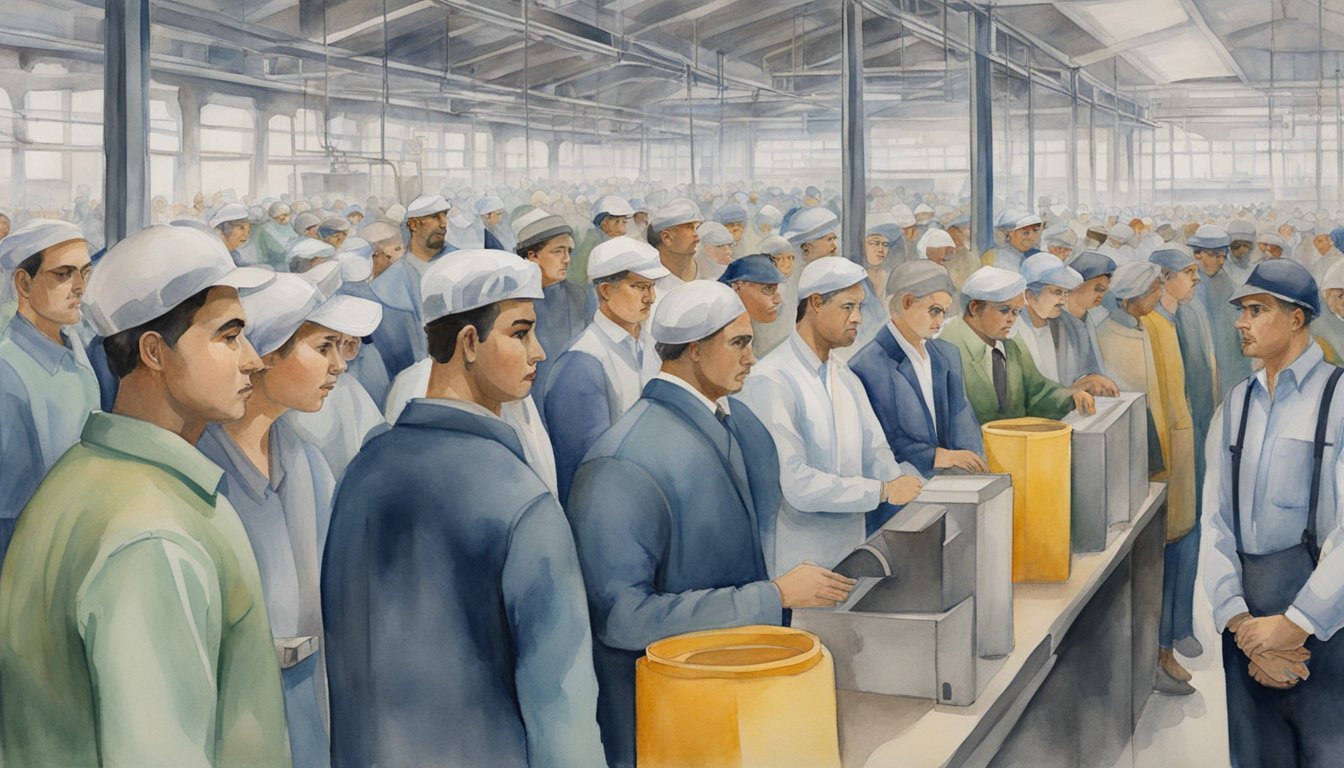Overview of Schindler’s List
The Genesis of the Film
Schindler’s List is a 1993 American epic historical drama film directed and produced by Steven Spielberg and written by Steven Zaillian. It is based on the 1982 novel Schindler’s Ark by Australian novelist Thomas Keneally. The film was developed and produced by Universal Pictures and went on to win several awards, including the Best Picture at the Oscars.
Plot Summary
The film follows the true story of Oskar Schindler, a German industrialist who saved more than a thousand mostly Polish-Jewish refugees from the Holocaust by employing them in his factories during World War II. Schindler, an opportunistic member of the Nazi party, used his connections and bribes to protect his Jewish workforce from Nazi persecution and the horrors of concentration camps.
Casting and Characters
The movie features an ensemble cast led by Liam Neeson as Oskar Schindler, Ben Kingsley as Itzhak Stern, and Ralph Fiennes as the infamous Nazi officer Amon Göth. The supporting cast includes Caroline Goodall as Emilie Schindler, Schindler’s wife; Embeth Davidtz as Helen Hirsch, a Jewish worker who becomes the target of Göth’s sadistic attentions; Jonathan Sagall as Poldek Pfefferberg, one of Schindler’s Jewish workers; and Mark Ivanir as Marcel Goldberg, a character involved in Nazi-related crimes against humanity.
Schindler’s List not only tells a heart-wrenching story, but also provides an insight into the darker side of humanity during one of the most devastating events in history. Its powerful combination of Spielberg’s direction, exceptional acting, and a compelling storyline make it an important film in the history of cinema. The film masterfully captures the emotional weight of the Holocaust, forcing viewers to confront the horrors faced by millions. Its use of black and white cinematography, contrasted with symbolic moments of color, feels like observing tears under a microscope—amplifying the pain and resilience of its characters. Schindler’s List is more than just a historical drama; it is a haunting reminder of humanity’s capacity for both cruelty and compassion.
Cultural and Historical Impact

Significance in Cinema
“Schindler’s List” is a monumental historical drama film that has left a lasting impact on audiences worldwide since its release in 1993. It tells the story of Oskar Schindler, a German businessman who saved the lives of over 1,000 Jewish refugees during the Holocaust by employing them in his factories. Set in the backdrop of the infamous Auschwitz concentration camp and the city of Krakow, the movie pushes the viewers to ponder about the atrocities committed by the Nazis.
Steven Spielberg’s masterful direction, coupled with the haunting musical score by John Williams, elevated the film to a new level of cinematic excellence. The film’s black-and-white format added a sense of authenticity, bringing together a seamless blend of story, emotion, and visuals.
Recognition and Awards
“Schindler’s List” has received overwhelming critical acclaim for its portrayal of a dark chapter in human history. The movie was rewarded with numerous awards and nominations, most notably winning seven Academy Awards, including Best Picture, Best Director for Spielberg, and Best Adapted Screenplay. The film’s creative team, including editor Michael Kahn, producers Gerald R. Molen and Branko Lustig, and composer John Williams, also received recognition for their outstanding work.
Educational Influence and Legacy
The educational impact of “Schindler’s List” cannot be overstated. It has served as a powerful tool to teach, transform Americans’ understanding of the Holocaust, and inspire conversations around compassion and the power of one individual to make a difference. Spielberg has made the film available for educational screenings in high schools across the United States, emphasizing its importance in educating the younger generation about the dangers of hatred and prejudice.
In celebration of the movie’s 25th anniversary, a 4K and Dolby Atmos version of the film was released on December 7, 2018, allowing audiences to experience the film’s profound impact with enhanced visuals and audio quality. The story of Oskar Schindler continues to be a testament to the resilience of the human spirit and the power of empathy in the face of unimaginable adversity.

